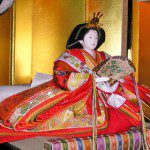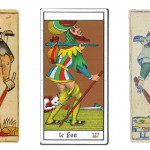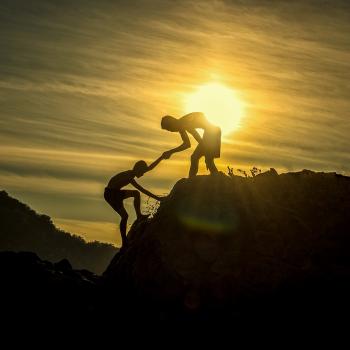March 6th this year is Mothering Sunday in the UK, an originally Christian holiday observed as part of Lent in honour of the mother of Jesus Christ, Mary. It is celebrated by non-Christians as well in the UK, and is a time to express gratitude to one’s mother, usually by giving a card and a gift (flowers being the most traditional).
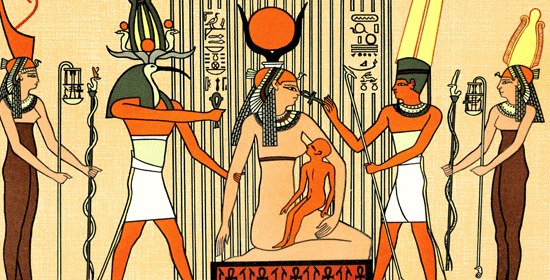
Paganism places a particular significance on motherhood, which is natural considering the importance of women in Paganism. The Great Goddess in Wicca is often referred to as the “Mother Goddess,” “Great Mother,” “Mother Earth” or “Mother Nature,” or She is seen as a Triple Goddess consisting of Maiden, Mother and Crone. The three aspects of the Triple Goddess are seen as the three stages of a woman’s life. One could say that this means motherhood is not only considered positive in Paganism – it’s treated as the natural order of things, an inevitable stage in a woman’s life.
This can be problematic. Not only because there are many women who are physically incapable of becoming a biological mother no matter how much they want to, but there are also women who are quite happy to remain child-free. This doesn’t seem to be particularly compatible with the “Mother Goddess” ideal of the Pagan woman. So is a woman of child-bearing age somehow not living the true Pagan lifestyle if she chooses to remain childless?
My reaction is, of course not! As with all things, it’s important never to over-simplify. Yes, mothers are revered in Paganism and this is a good thing – the ability to create and care for a living being is indeed magical and should be celebrated. But I don’t think Pagan women should feel inferior for deciding that children aren’t for them.
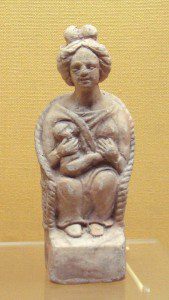
Luckily, Neo paganismhas largely grown up in liberal societies among open-minded people, and I think Pagans as a whole don’t look down on women who don’t attain the “Mother” status. There have been some solutions put forward to address the “Mother Goddess” issue. Rosemary posting in Wonderful Wiccan Adventures suggests a re-working of the Triple Goddess motifs, substituting “Mistress” for “Mother” for those women who no longer consider themselves Maidens, but do not have children. Other Pagans interpret “Mother” to simply mean someone who cares and nurtures rather than a biological mother, so any woman who has a role as a nurturer could be considered a Mother – they could be an aunt, a mentor, a social worker, a healthcare worker or a volunteer for a worthy cause, to name just a few examples. Some Pagans may also argue that while better healthcare, technology and freedom of movement for people means there is no longer any social obligation to have children in modern society (unlike back in the day when more children = more people to work on the land and care for the elderly), there are some strong environmental reasons not to have children. This does not mean that mothers are eco-unfriendly – we need more young people raised with an ecological mindset, after all – but it does mean that in this day and age, the decision to have children should really be a deeply personal one, rather than one influenced by a perceived obligation to society. Individuals must weigh up all the pros and cons themselves as to whether or not children are for them and decide without fear of how others, including those within their spiritual community, may perceive them as a result.
Finally, let’s not forget that although there are many “mother goddesses” in Pagan religions, there are a ton of goddesses (perhaps the majority) who do not have offspring. In the Greek pantheon alone, these include such significant goddesses as Artemis, Athena and Hestia, let alone all the minor female deities without children who are too numerous to list here. There are a huge number of considerations to factor in when deciding to have a child, but in my opinion, religion should not be one of them – even for Pagans.

